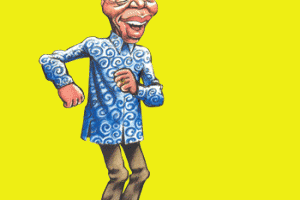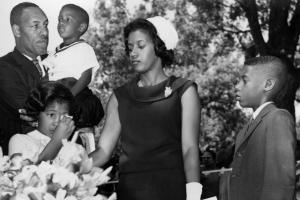Martin Luther King Plans Boosted by Anger over Zimmerman Acquittal
The Guardian
 Reader Comments - March on Washington; Even McDonald's Thinks Its Workers Need $15; NLRB, Chris Hedges and the Pequod; Labor & Obamacare; Greens and Fracking; Saving Underwater Homes at the Local Level; Low-Wage Workers;
R.I.P. - Fred Hicks (Louisville); Henri Alleg - Journalist who revealed French torture in Algeria;
Announcements: Pastor's Message to Cuba; Celebrate Nelson Mandela's Life - Berkeley - July 21; Confronting the Climate Crisis - San Francisco - Aug 2
Reader Comments - March on Washington; Even McDonald's Thinks Its Workers Need $15; NLRB, Chris Hedges and the Pequod; Labor & Obamacare; Greens and Fracking; Saving Underwater Homes at the Local Level; Low-Wage Workers;
R.I.P. - Fred Hicks (Louisville); Henri Alleg - Journalist who revealed French torture in Algeria;
Announcements: Pastor's Message to Cuba; Celebrate Nelson Mandela's Life - Berkeley - July 21; Confronting the Climate Crisis - San Francisco - Aug 2
 The March on Washington grew out of a clear understanding of the problems facing African Americans, and presented a discrete list of demands, including a comprehensive and effective civil rights law that would guarantee access to public accommodations, "decent housing, adequate and integrated education, and the right to vote." Also a "massive federal program to train and place all unemployed workers - Negro and white - on meaningful and dignified jobs at decent wages"
The March on Washington grew out of a clear understanding of the problems facing African Americans, and presented a discrete list of demands, including a comprehensive and effective civil rights law that would guarantee access to public accommodations, "decent housing, adequate and integrated education, and the right to vote." Also a "massive federal program to train and place all unemployed workers - Negro and white - on meaningful and dignified jobs at decent wages"
 More than any of the other civil rights widows, Myrlie Evers showed America her rage. She let the nation see her unfiltered emotion when two all-white juries refused to convict Medgar’s killer, during a time when black anger was not an acceptable display of emotion. She wrote a book and began it with this line: “Somewhere in Mississippi lives the man who murdered my husband.”
More than any of the other civil rights widows, Myrlie Evers showed America her rage. She let the nation see her unfiltered emotion when two all-white juries refused to convict Medgar’s killer, during a time when black anger was not an acceptable display of emotion. She wrote a book and began it with this line: “Somewhere in Mississippi lives the man who murdered my husband.”
 Can photographers be participants in the social events they document? Eighty years ago the question would have seemed irrelevant in the political upsurges of the 1930s, in both Mexico and the United States. Many photographers were political activists, and saw their work intimately connected to workers strikes, political revolution or the movements for indigenous rights. Now a book and a recent exhibition should reopen this debate.
Can photographers be participants in the social events they document? Eighty years ago the question would have seemed irrelevant in the political upsurges of the 1930s, in both Mexico and the United States. Many photographers were political activists, and saw their work intimately connected to workers strikes, political revolution or the movements for indigenous rights. Now a book and a recent exhibition should reopen this debate.
 The March on Washington for Jobs and Freedom, which occurred fifty years ago this August 28, remains one of the most successful mobilizations ever created by the American Left. Organized by a coalition of trade unionists, civil rights activists, and feminists—most of them African American and nearly all of them socialists—the protest drew nearly a quarter-million people to the nation’s capital. Yet the Left has not claimed the March as its legacy.
The March on Washington for Jobs and Freedom, which occurred fifty years ago this August 28, remains one of the most successful mobilizations ever created by the American Left. Organized by a coalition of trade unionists, civil rights activists, and feminists—most of them African American and nearly all of them socialists—the protest drew nearly a quarter-million people to the nation’s capital. Yet the Left has not claimed the March as its legacy.
Spread the word